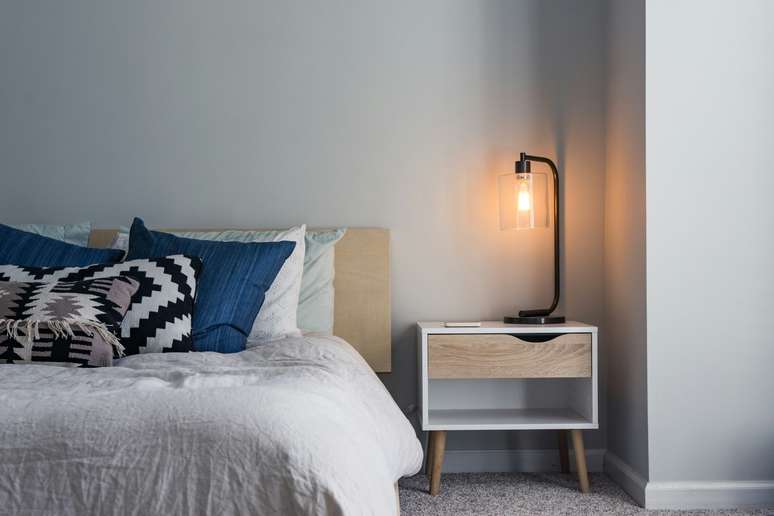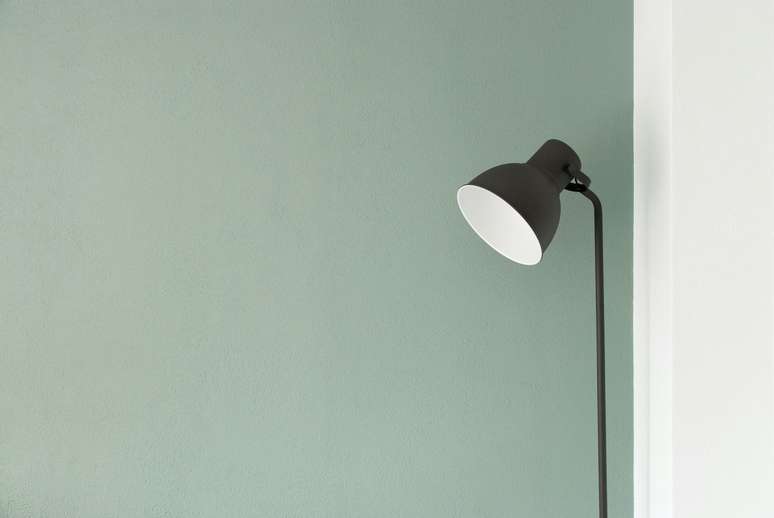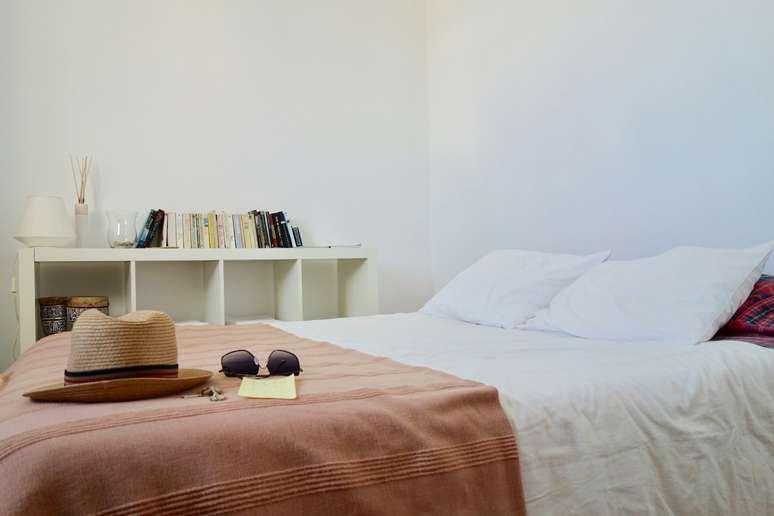Discover how the bedroom environment affects sleep and learn practical tips on Feng Shui and sleep hygiene to improve the quality of your rest
The bedroom environment significantly affects sleep, and therefore directly affects the quality of rest and overall well-being. Inadequate space can contribute to sleepless nights, insomnia, and other health problems.
Luckily, with a few simple, inspired tweaks Feng Shui and with sleep hygiene practices you can transform your bedroom into a true sanctuary of rest.
🏠 Join our Feng Shui group on WhatsApp and get weekly tips
If your bedroom is affecting your sleep quality, rearrange it
Feng Shui, an ancient Chinese practice that seeks to harmonize the energies of the environment, can be a great ally in improving the quality of sleep because it suggests that the arrangement of furniture, colors and lighting play an essential role in creating an environment conducive to sleep. rest.
These are the main tips:
- Bed positioning: The bed should be positioned so that you can see the door, but not directly in line with it. This creates a sense of security and control, but also facilitates relaxation.

- Calm and neutral colors: Opt for soft colors, such as shades of blue, green, and earth tones, which promote tranquility. Very bright colors, such as red or yellow, can overstimulate the brain and make it difficult to sleep.

- Avoid mirrors: Mirrors reflect energy, which can create a very active environment and keep you from fully relaxing. If possible, avoid mirrors in the bedroom or position them so that they do not reflect the bed.

Sleep Hygiene: Essential Practices for Good Rest
Adopting sleep hygiene practices is essential to ensuring restful sleep. These practices involve creating a routine and an environment that promotes sleep.
- Lighting control: Exposure to light directly affects the production of melatonin, the hormone responsible for sleep. Use opaque curtains to block out outside light and choose warm, soft-toned lamps in the bedroom. Dim the lights at least an hour before bed to signal to your body that it’s time to rest.
- Disconnecting electronic devices: Blue light from televisions, computers, and cell phones can trick your brain into thinking it’s still daytime. Turn these devices off at least two hours before bed and keep them out of your bedroom to avoid interference.
- Noise reduction: Silence is essential for deep sleep. If your room is noisy, consider using soundproof windows or white noise machines, which can help mask outside sounds.
The mail How Your Bedroom Environment Affects Your Sleep Quality appeared first To personify.
Aline Mendes (contact@alinemendes.com.br)
– Architect, Feng Shui Master, Geobiologist and Radiesthesist. Author of the book Feng Shui – Terapia de Ambientes and official representative in Brazil of the Feng Shui Research Center – Master Joseph Yu.
Source: Terra
Ben Stock is a lifestyle journalist and author at Gossipify. He writes about topics such as health, wellness, travel, food and home decor. He provides practical advice and inspiration to improve well-being, keeps readers up to date with latest lifestyle news and trends, known for his engaging writing style, in-depth analysis and unique perspectives.








